The Nexus 5X camera, a hardware feature that will probably be discussed more than any other. Is it good? Is it bad? Is it even decent? You want to know. I certainly wanted to know. Now, after spending the past couple of days with the camera, think I have a pretty good idea as to what this camera is capable of. As of right now, I’d have to say that I’m thoroughly enjoying a camera in a Nexus phone, similarly to how I enjoy cameras in phones like the Galaxy S6 and LG G4. This camera is very capable, maybe even very good. I’d probably already argue that it is Google’s best Nexus camera ever.
Below, you’ll find more camera samples taken from various situations this weekend than I can even count. There are outdoor shots taken in the early hours of a day here in Portland, mid-afternoon shots, indoor shots, and of course, macros and food close-ups. Unfortunately, Portland’s weather hated me all weekend and gave me the dreariest and greyest days I can remember in some time, which certainly affected lighting in certain situations, but for the most part, this camera powered right on through with positive results.
Before we get into those results, though, let’s talk about the camera and its software.
The Camera
Google has said that they are using a special 12.3MP camera in both the Nexus 5X and Nexus 6P that was originally made for point-and-shoot cameras. The sensor is large, which is the reason each phone has a subtle hump where the camera lies. As for specs, it shoots at f/2.0 with IR laser-assisted autofocus, a broad-spectrum CRI-90 dual flash, and manages to capture 1.55 µm pixels. That’s fancy speak for larger pixels that theoretically capture more light. The camera lacks optical image stabilization (OIS), but Google insists that these larger micron pixels negate that need. When recording video, each camera is capable of recording in 4K and at 30fps. When shooting slow motion, the Nexus 5X tops out at 120fps, while the Nexus 6P can do up to 240fps. The Nexus 6P also has a special burst mode, thanks to its Snapdragon 810 processor.
Software
The camera app on the Nexus 5X is about as basic of a camera app experience as you will see anywhere. I wouldn’t necessarily call it bad, it’s just minimal. I would probably compare it to the camera experience seen on Motorola’s phones, which is to say that it’s basic and does its best to just get out of your way. Unfortunately, that means you have to take it for what it is rather than make it your own.
As you can see in the screenshots above, there are zero manual controls for anything. Google really just wants you to open the camera, let it quickly focus for you, and then shoot. You can adjust the focus point, but really, that’s it. As for settings, you can tweak resolution and aspect ratio, video resolution, toggle HDR mode into on, off, or auto, do the same with the flash, set a timer, and add a grid. There are camera modes for Photosphere, panorama, and Lens Blur as well (accessed via left-situated menu), along with shortcut buttons above and below the shutter for gallery and switching to the front camera.
Performance
I get the feeling that this camera app needs an update pronto. In certain situations, it opens quickly, focuses, and shoots immediately after you press the shutter button. Many times, it is instant. Tap, shoot. Tap, shoot. But in others, and sometimes at the worst possible time, the camera opens, focuses, then does nothing after a couple of shutter presses. Then all of a sudden it snaps a photo, the screen flashes grey, and you aren’t sure which shutter press it reacted to, what it focused on, and what the photo will even look like. So while the camera app can be extremely fast and efficient, it probably needs a bug fixing update to improve performance.
Samples
With all of that said, it’s time to dive into the samples. You let me know what you think. I, personally, am quite pleased with the results, even in this terrible Portland lighting.
The photo samples here have only been resized to a max file size of 500KB and resolution of no bigger than 1500px. No other touch-ups were made. Also, if you want to see the full resolution photos that haven’t been touched or resized, you can download them all here.
Final Thoughts
When performing properly, the Nexus 5X’s camera is fast to load, fast to focus, and incredibly quick to shoot quality smartphone images. I would argue that when it’s not hiccuping, it’s one of my favorite smartphone cameras to date. It’s solid in low light, is very good in macro situations, and can shoot landscape photos with the best of them.
Like I said in the performance section, though, it probably needs a bug fixing update to reduce some loading slowness here or there. It also gets a little wild with the exposure when you manually focus on a close-up object and tends to blow the hell out of the background of a photo (see the images above of the Lovejob Columns). I would like to see many more manual settings, as well, because even though I’m not a professional photog, I do like the ability to control my camera in certain settings.
In the end, as long as you are fine with letting the camera do all of the hard work, it does a great job in a variety of situations at capturing quality smartphone images that are worthy of sharing with the world.

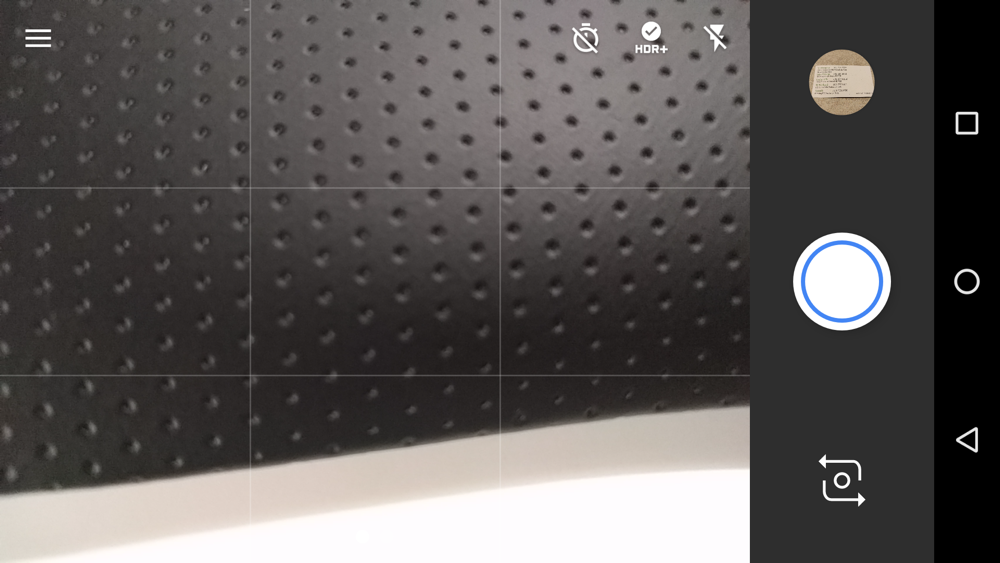
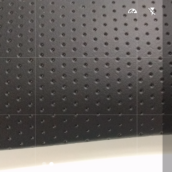
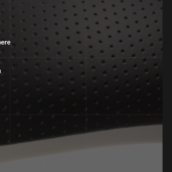

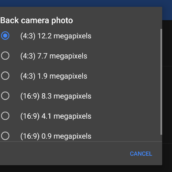

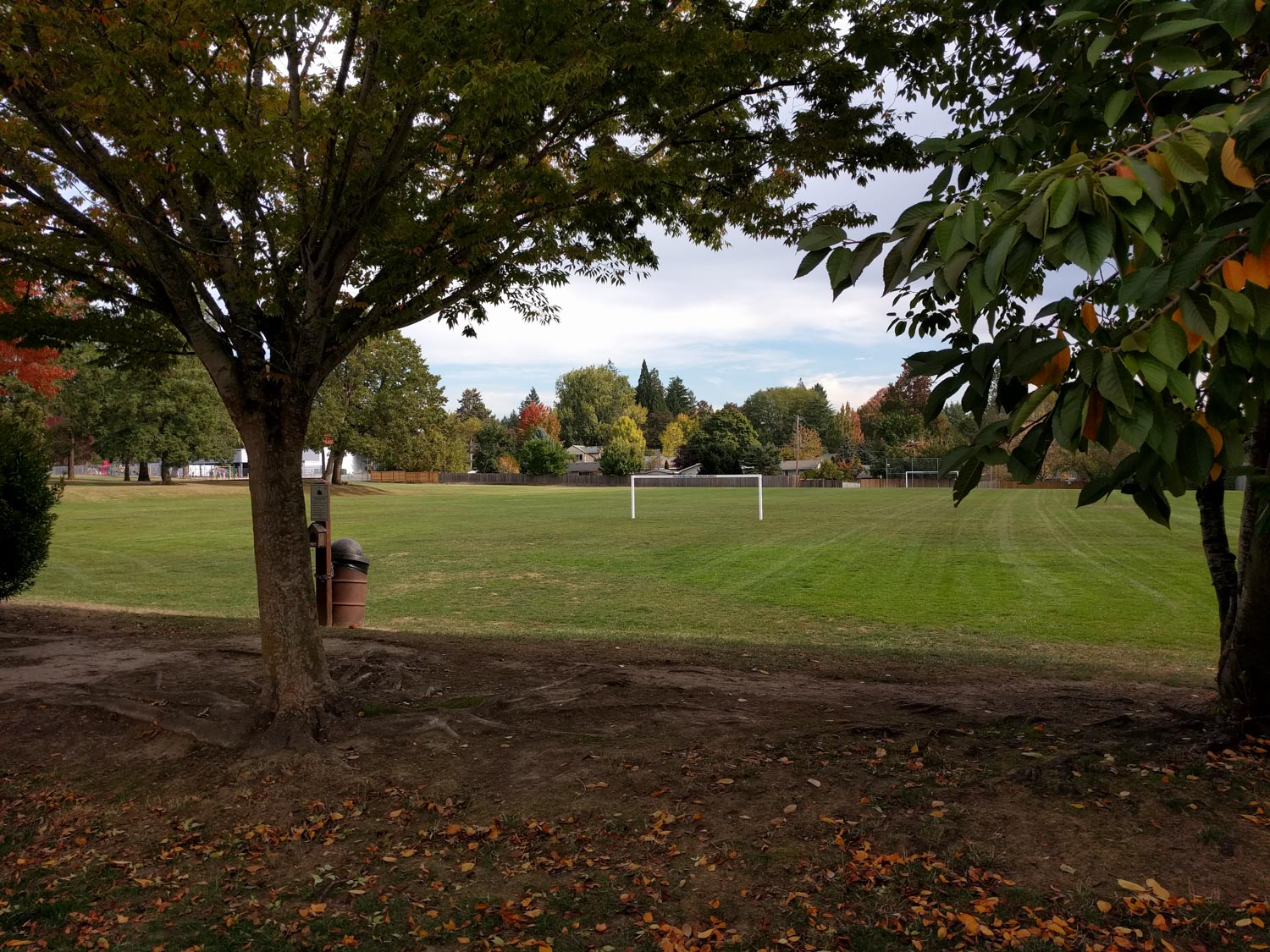
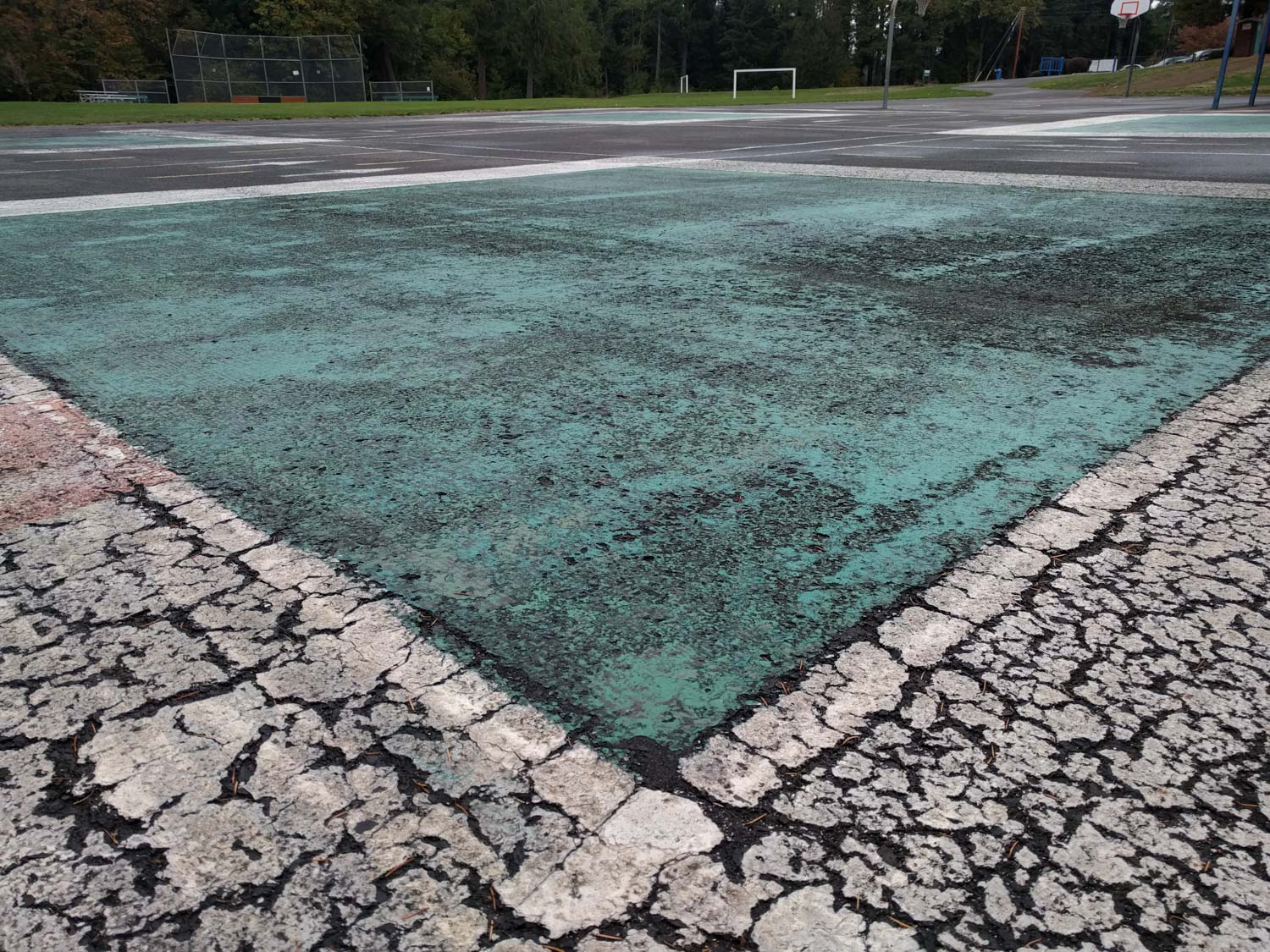
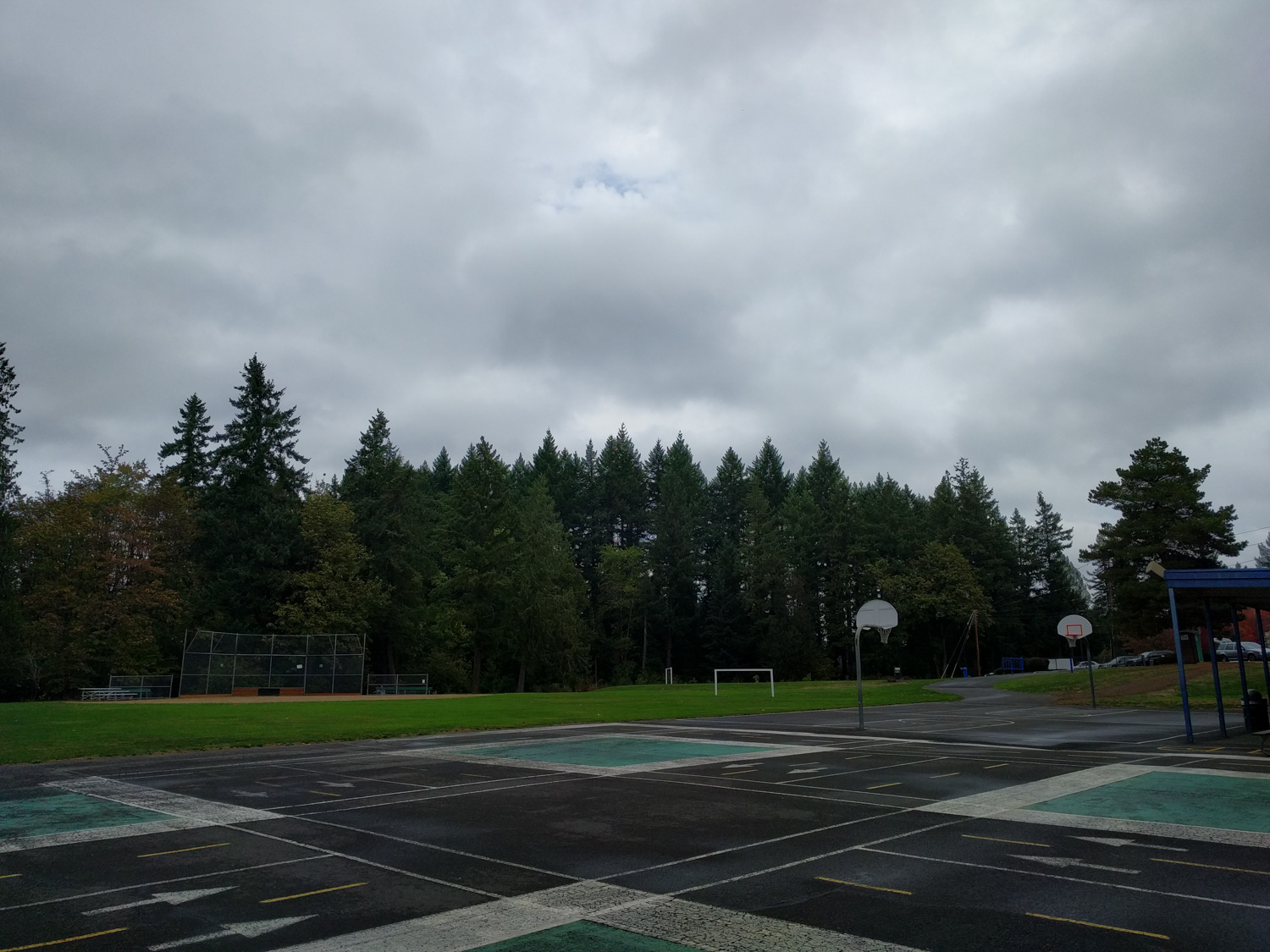

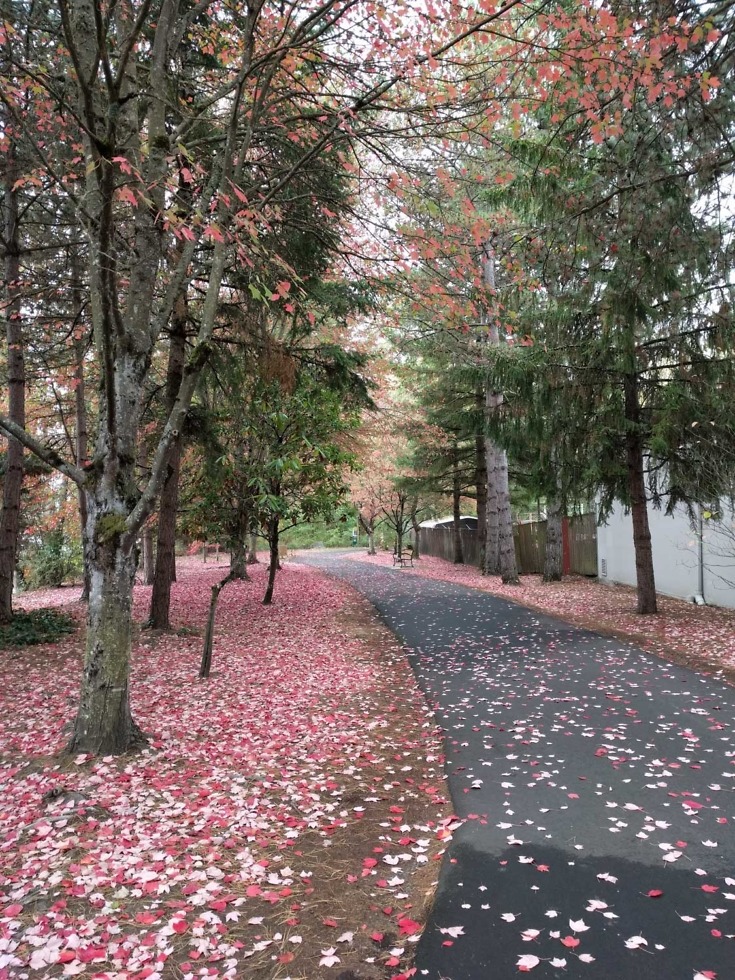
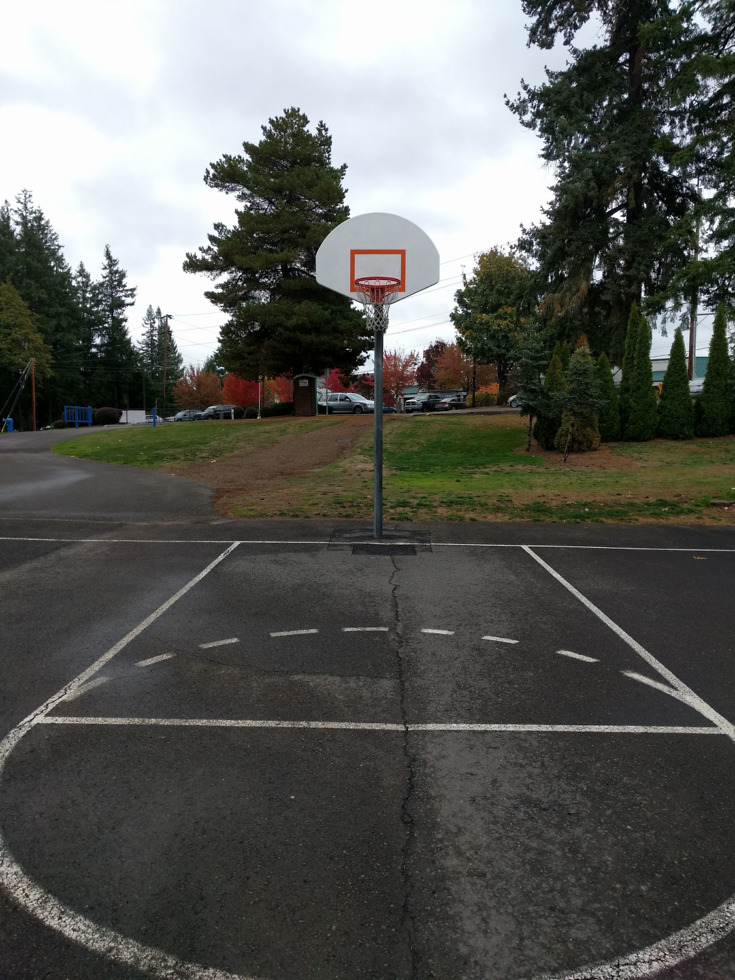
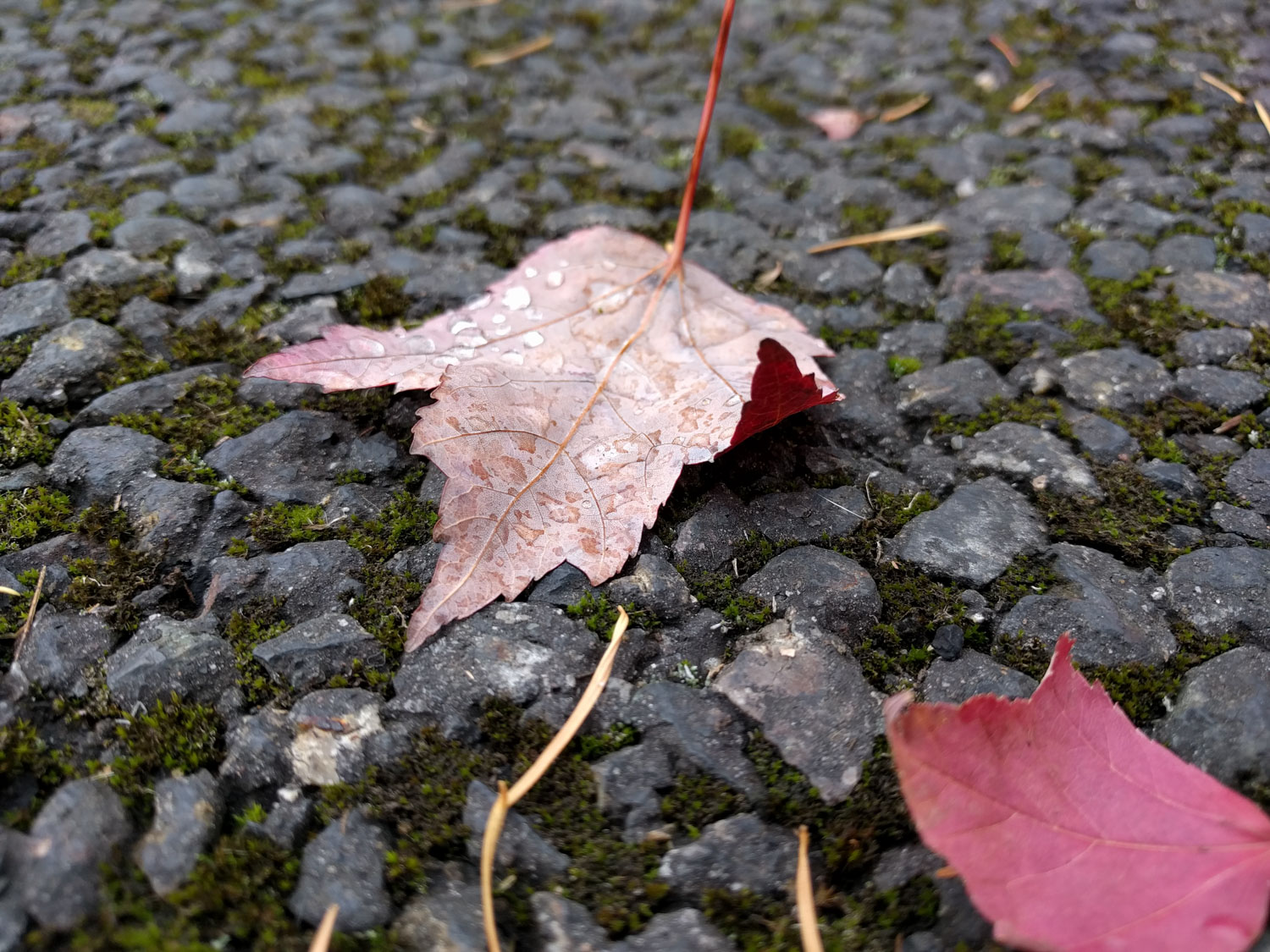
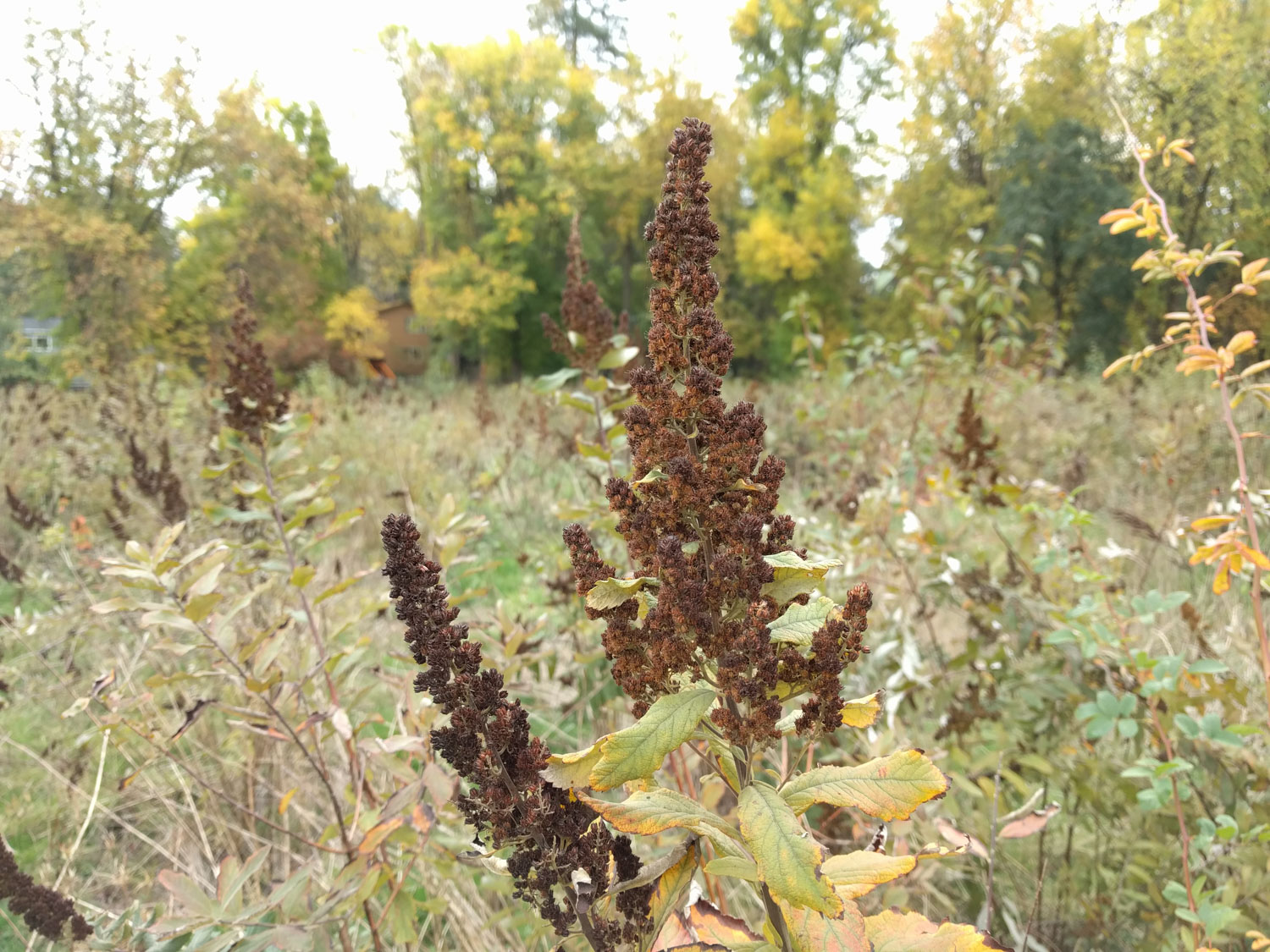
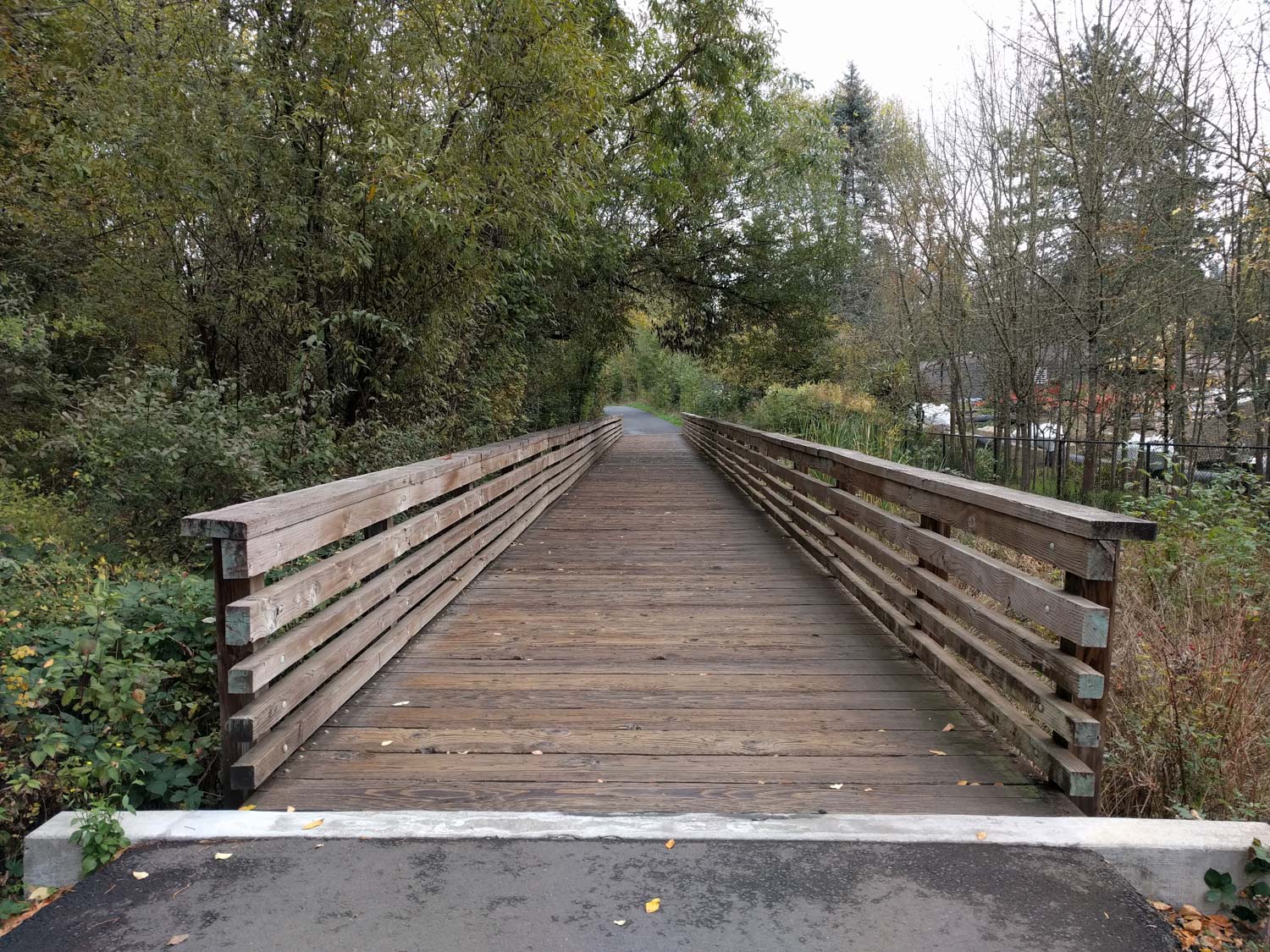


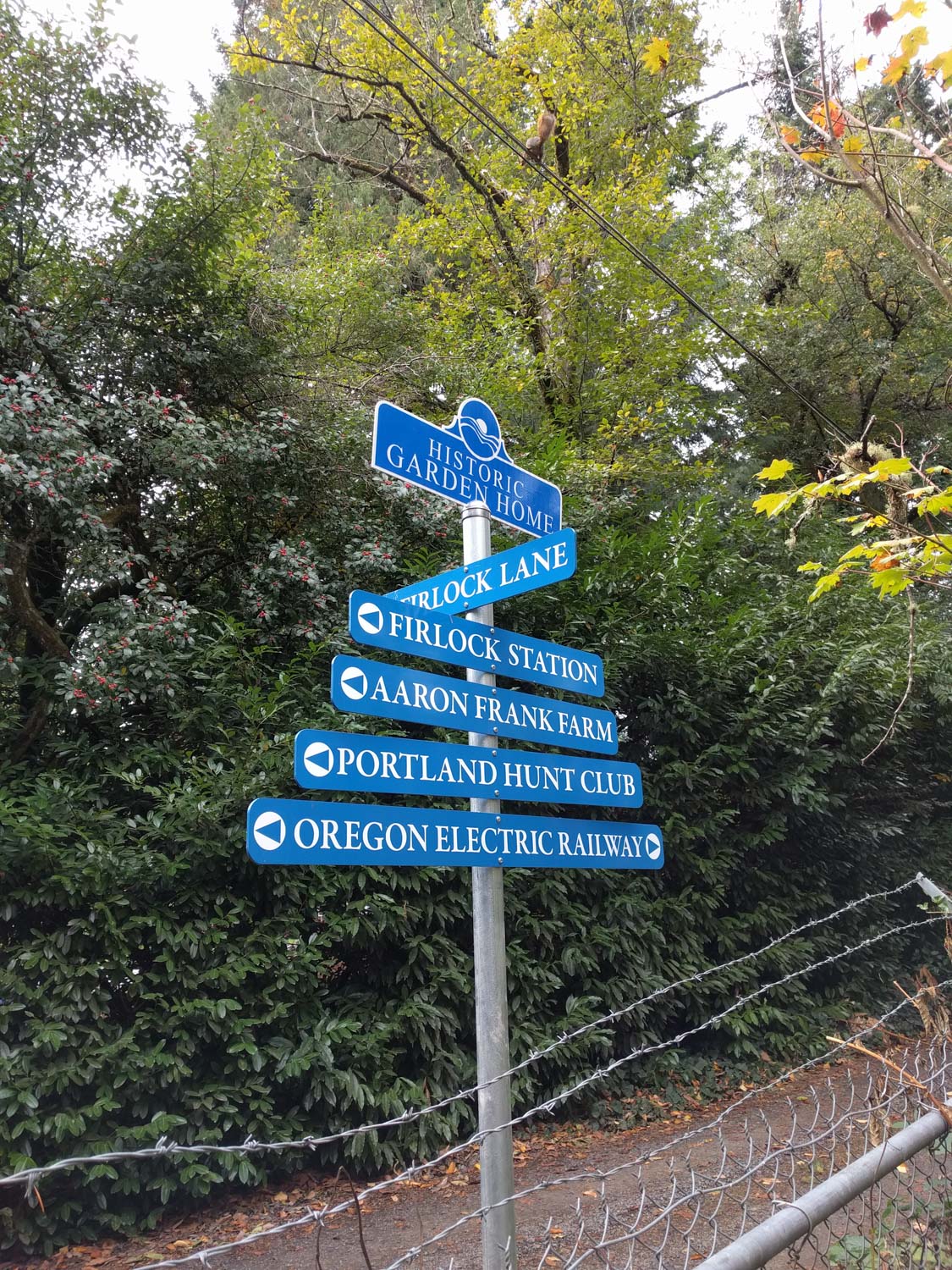
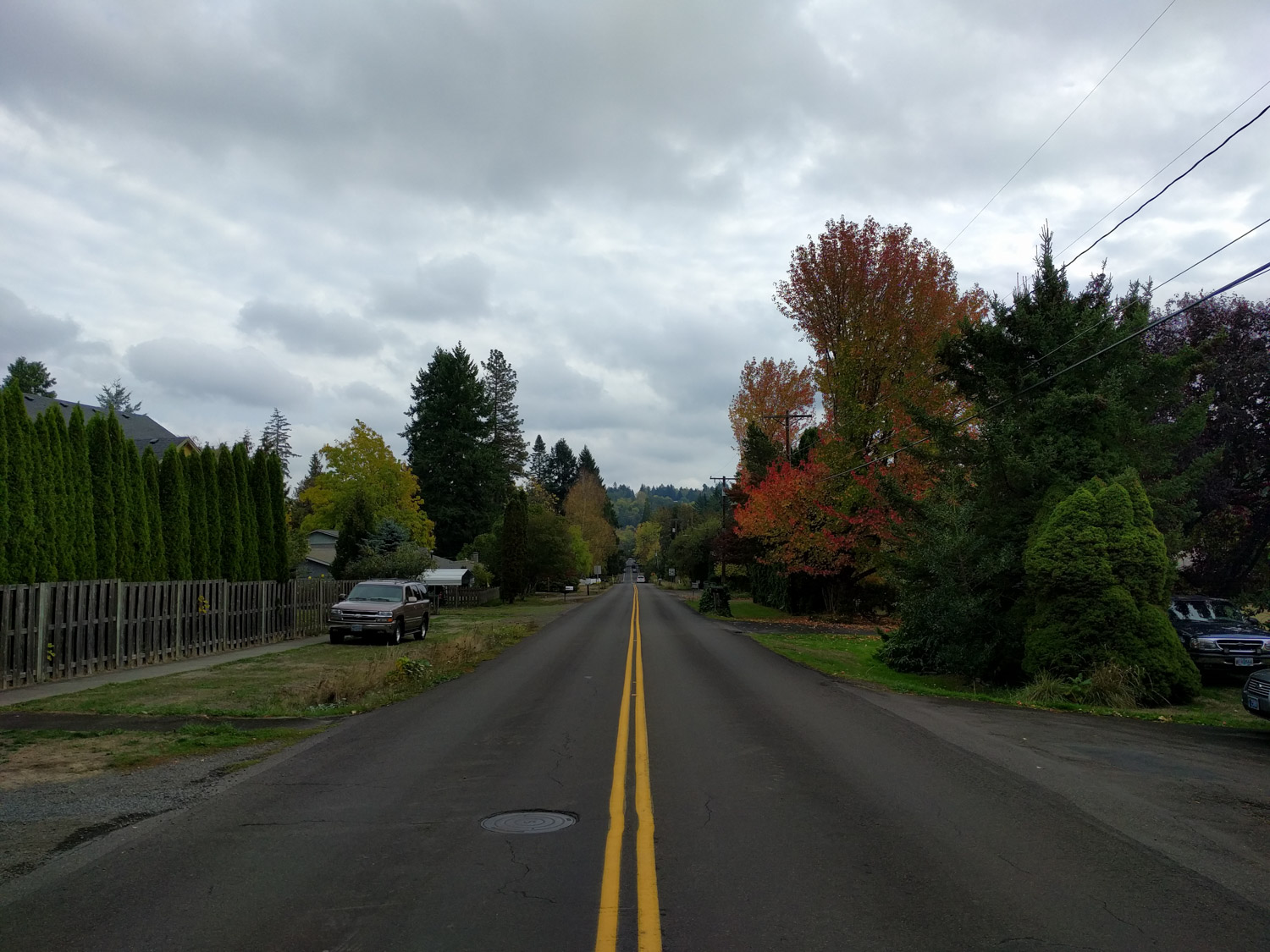
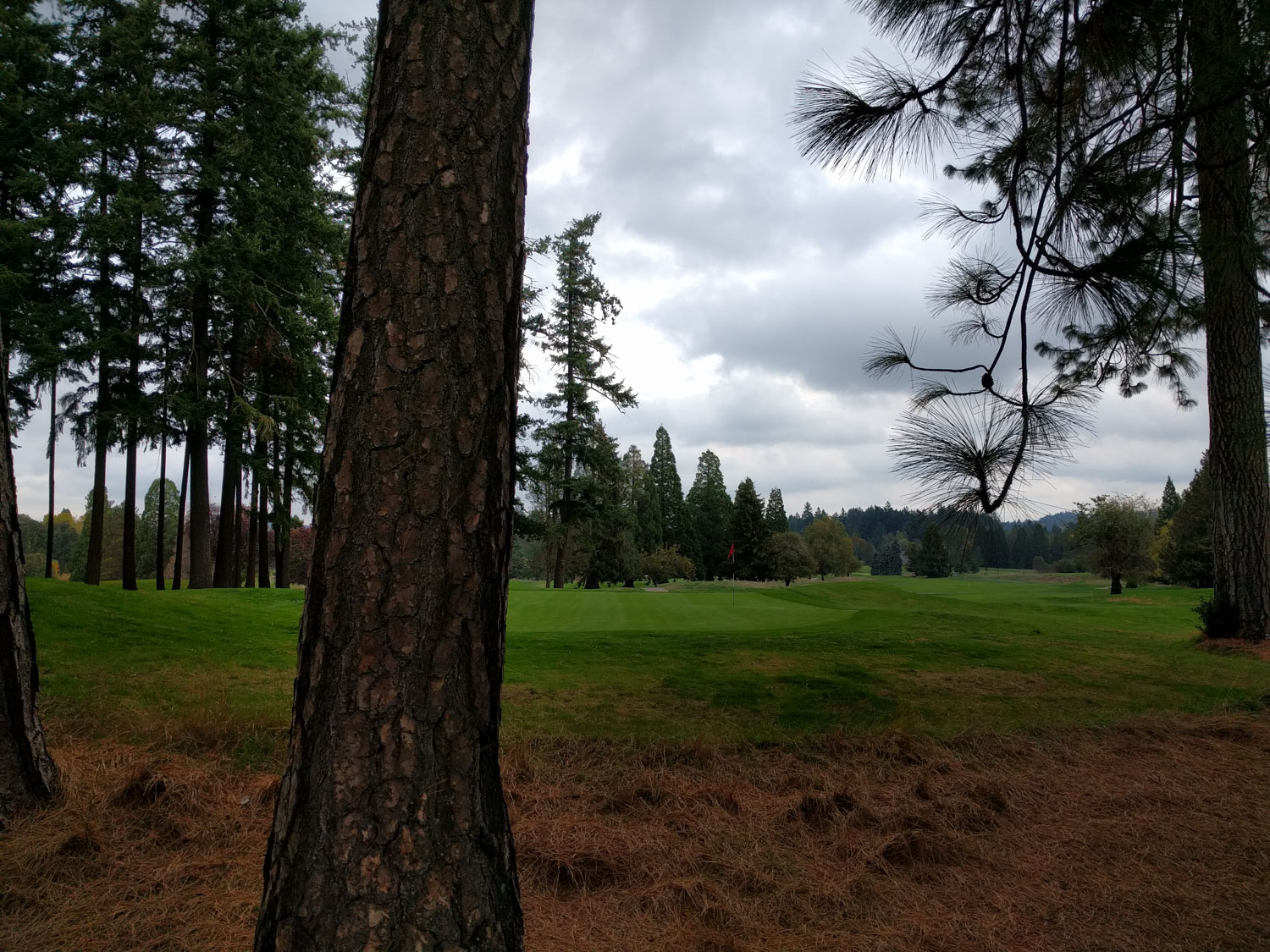
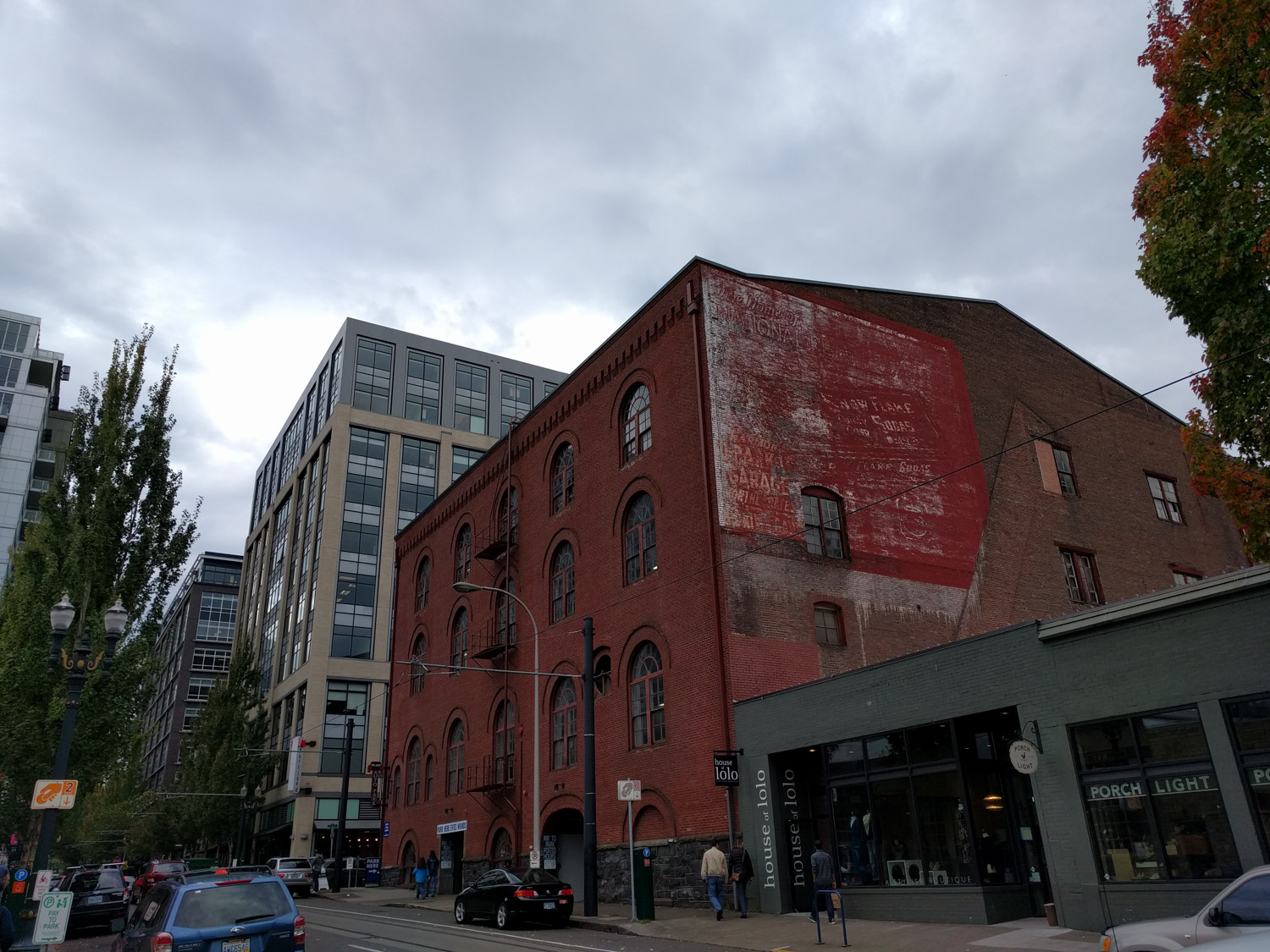
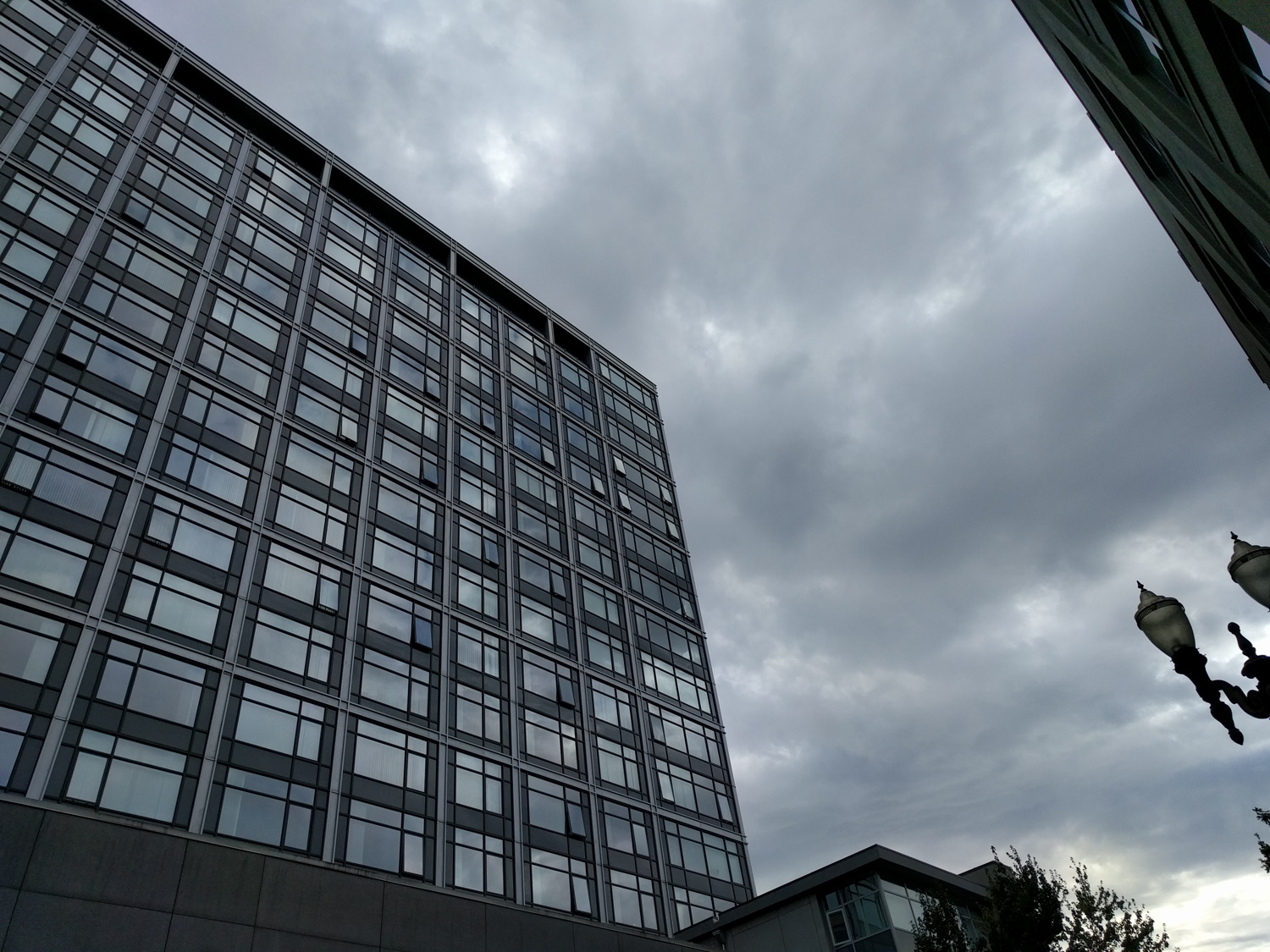
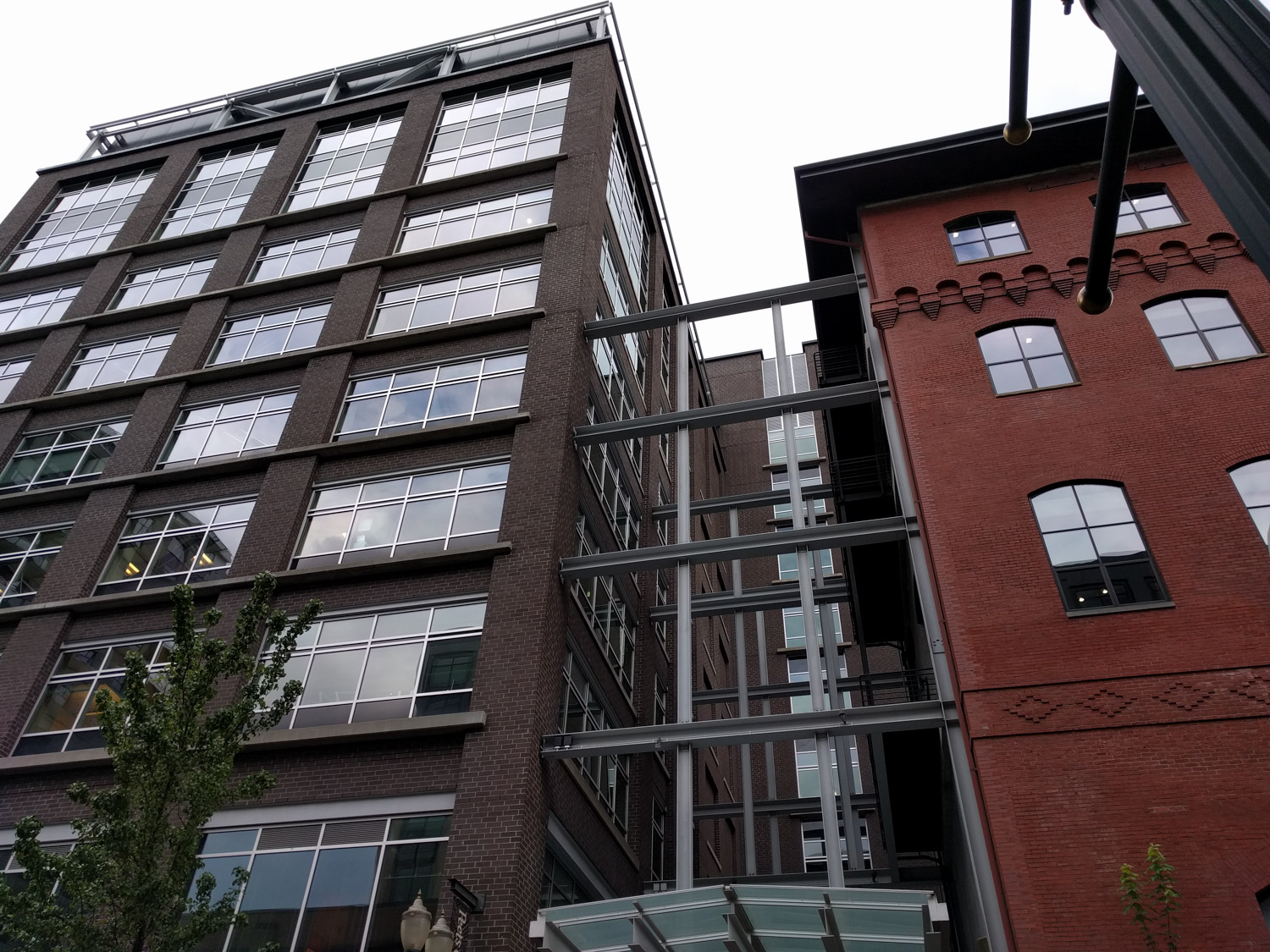

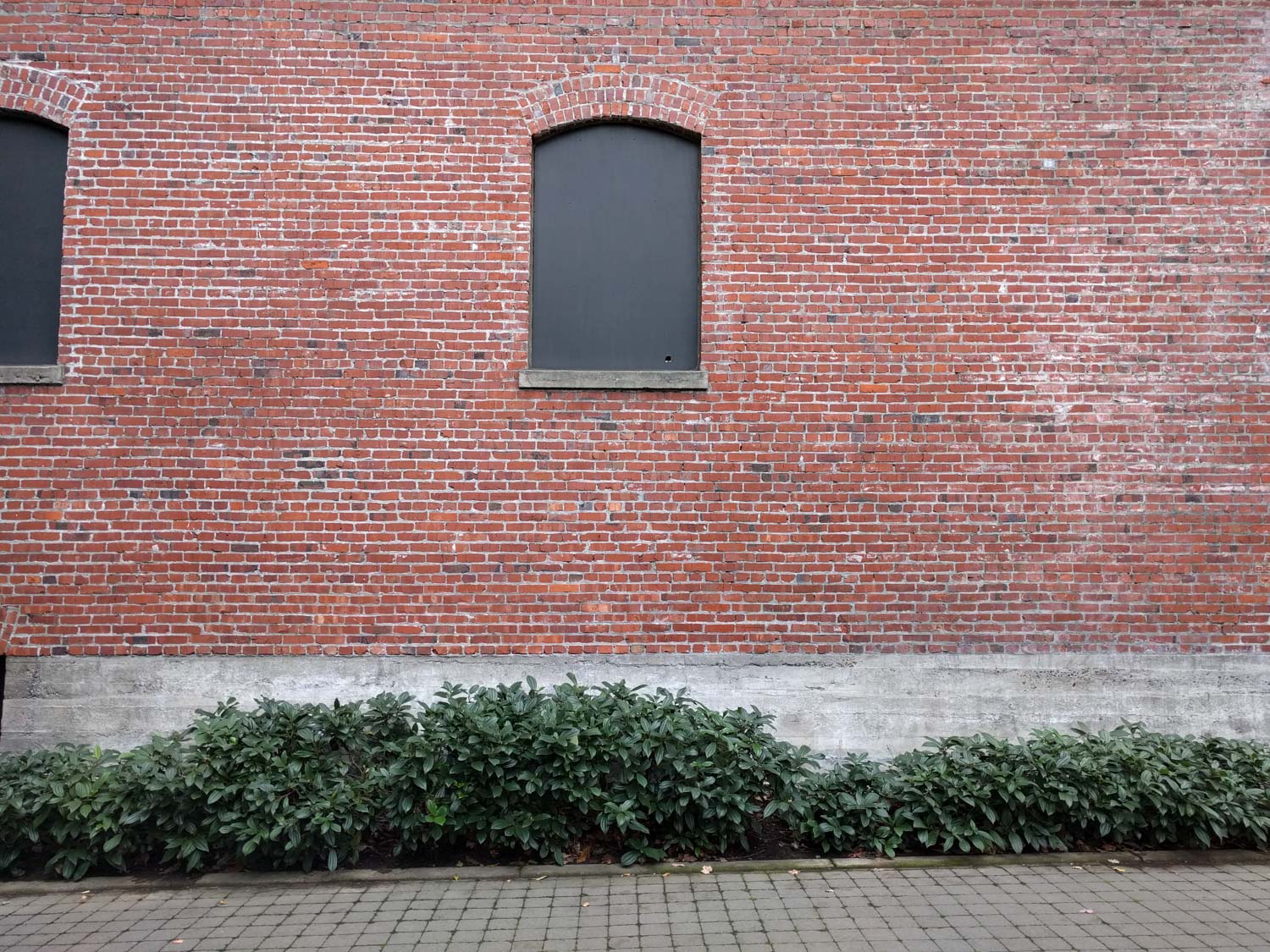





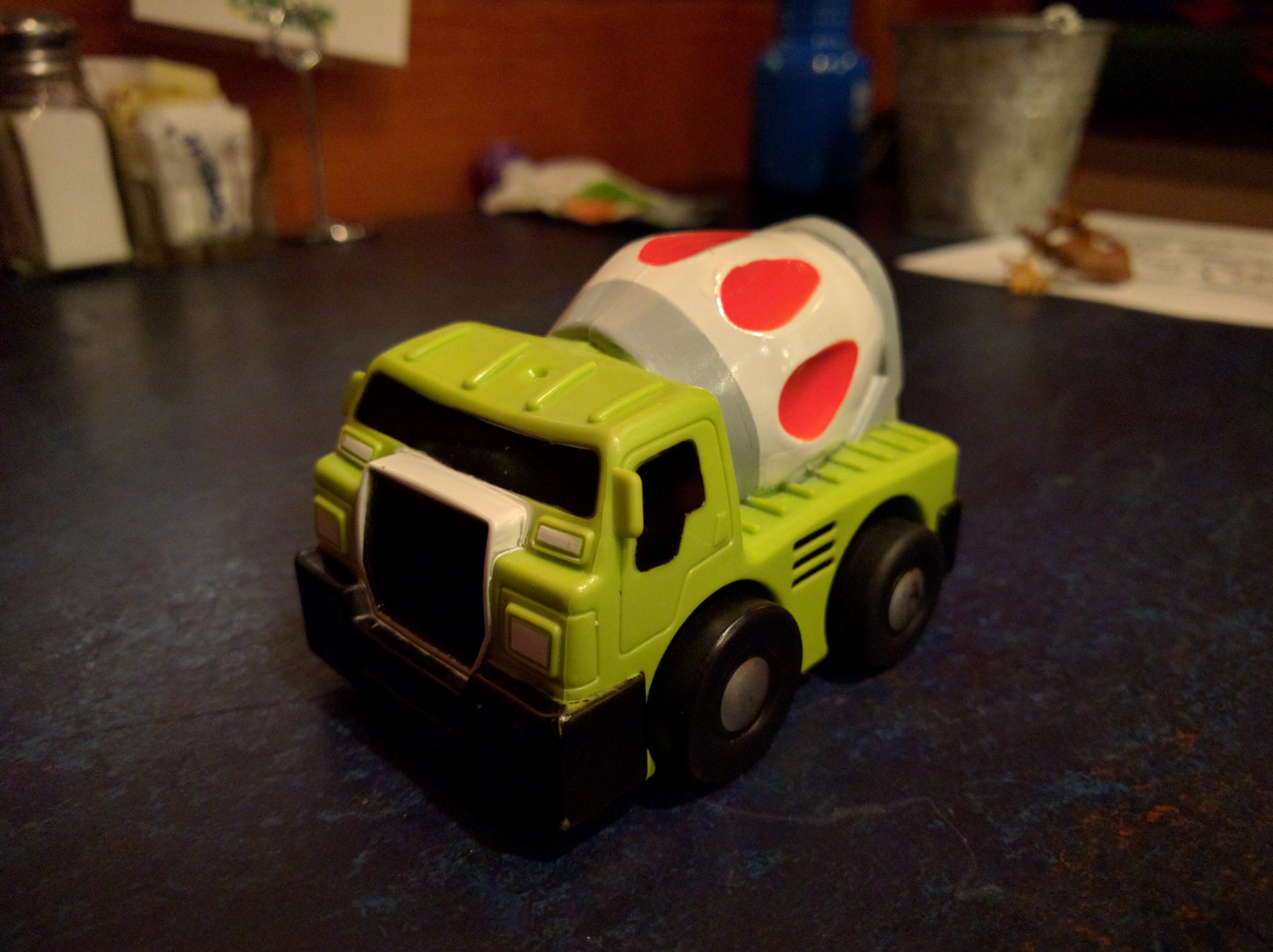
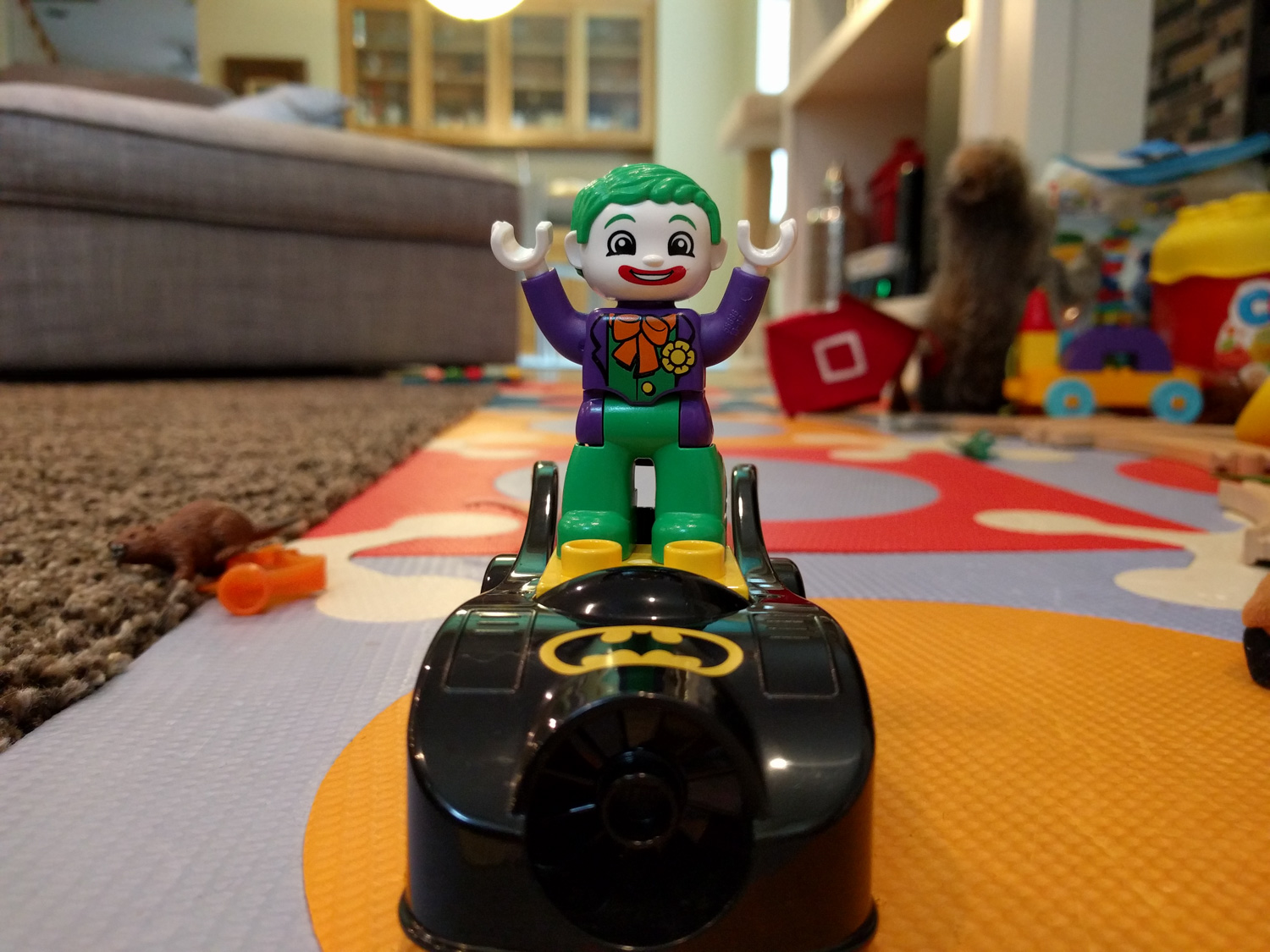
Collapse Show Comments40 Comments